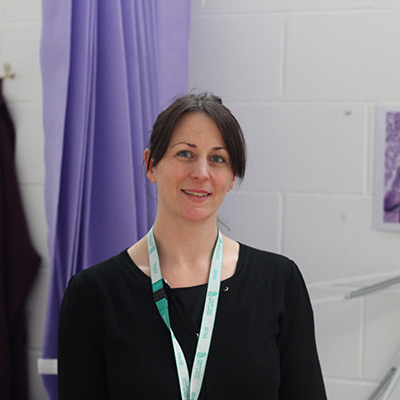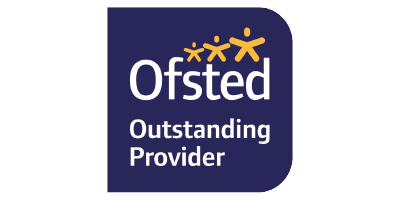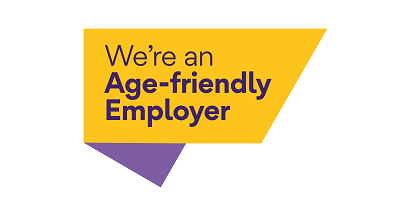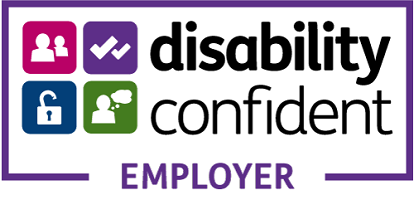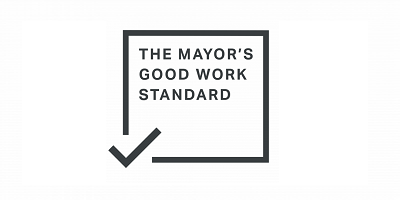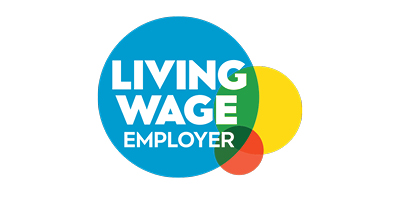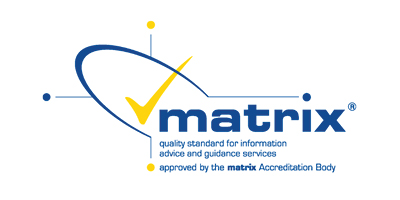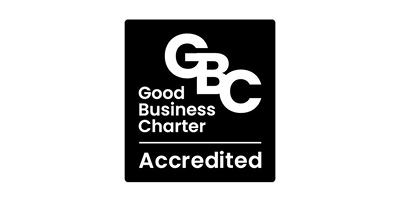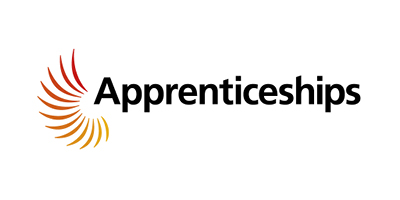This advanced course covers the practical and theoretical aspects of beauty therapy, including anatomy and phsiology, electrical facial and body treatments, indian head massage, body massage, hot stones massage and microdermabrasion.
You will also learn about salon management and administration and health and safety.
-
About the Course
You will learn through theory and practical classes, assignments, role plays, case studies, work experience, competitions, and reception duties. You will practise all treatments on students in the class prior to working on clients.
The clients who visit our salons require a wide range of treatments and will provide you with the opportunity to demonstrate your practical skills, as all portfolio evidence and assessments must be performed on external paying clients.
You will study:
- Electrical facial treatments
- Electrical body treatments
- Indian head massage
- Hot stones massage
- Body massage
- Microdermabrasion for face and body
- Salon management/administration and health and safety
- Retail
- Essential anatomy and physiology knowledge
- GCSE's or functional skills English and Maths and skills development.
For each unit you will perform practical skills, submit course work and sit on line end of unit tests.
-
Additional Costs
Additional Fees
£26.48 - textbook plus replacement items from Level 2 beauty kit and optional new tunic £25.30
(cost subject to change). -
Entry Requirements
A merit or distinction in a relevant subject at Level 2 (NVQ or VTCT) with functional skills in English and maths. If you need advice before you apply, please call 020 8326 2000 or email This email address is being protected from spambots. You need JavaScript enabled to view it..
-
Progression
Further your career as a beauty therapist and/or study part-time specialist courses.
-
Assessment Method
Assessment is continuous and consists of practical assessment, oral questions and online tests/homework. You will provide evidence to determine whether you have reached a level of competence. Written assessment papers will provide further evidence of your knowledge and understanding of the subject.
The collation of the assessments will be contained in a portfolio which will contain all document feedback sheets, written assessment/projects/assignments.
You will collate all evidence in a portfolio, consisting of:
- Performance evidence: This takes place in the practical class or workplace.
- Oral questioning: The questions must relate to the practical performance.
- Written questions: Written questions will form part of the supplementary evidence.
- Working diary: Showing the range of treatments you have performed.


